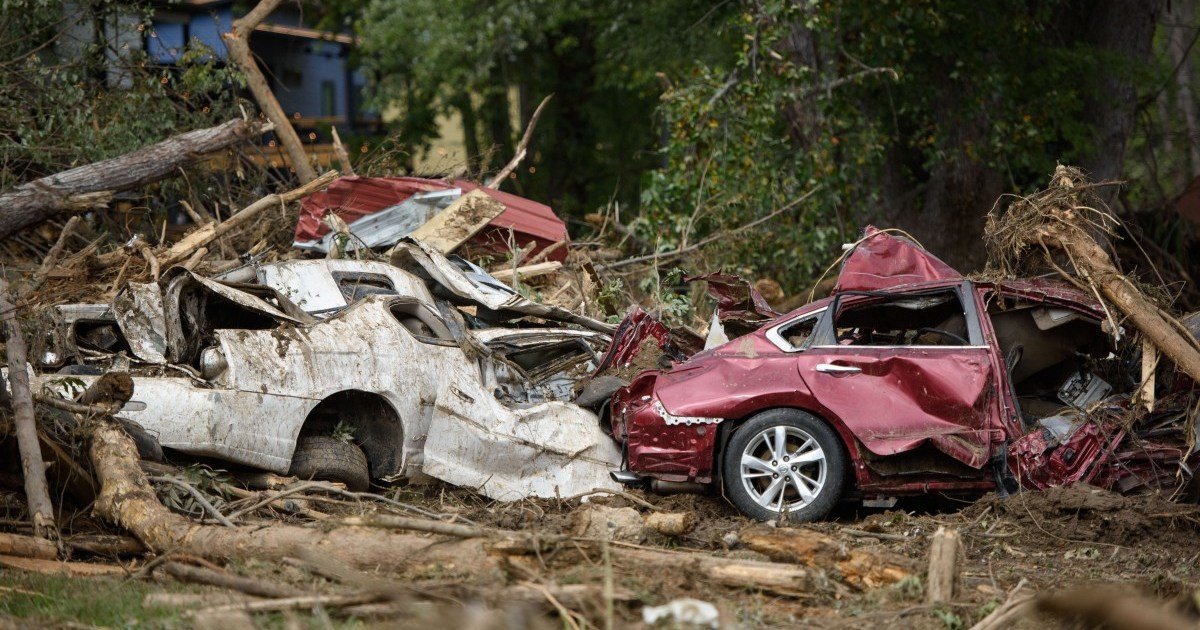Climate Change Intensified Hurricane Helene, Study Reveals
A recent analysis has shed light on the critical relationship between climate change and the severity of extreme weather events, particularly Hurricane Helene, which wreaked havoc across the southeastern United States last month. According to researchers from the World Weather Attribution (WWA), the hurricane, which tragically resulted in the loss of at least 230 lives, was significantly intensified by climate change, leading to increased wind speeds and rainfall.
The report, released on Wednesday, indicates that the warming climate contributed to an increase in Helene’s wind speeds by approximately 11 percent, translating to an additional 13 miles per hour (21 kilometers per hour). Moreover, the torrential rains brought on by the storm were intensified by about 10 percent due to climate change. Ben Clarke, a co-author of the study and researcher at Imperial College London, highlighted the importance of these findings at a recent news conference, stating, “All aspects of this event were amplified by climate change to different degrees.” He warned that as global temperatures continue to rise, we can expect to see more such extreme weather events.
Hurricane Helene made landfall in Florida on September 26, characterized by a record storm surge of 15 feet (4.57 meters) and winds that reached 140 mph (225 km/h). In addition to devastating Florida, the storm’s reach extended to Georgia, the Carolinas, Tennessee, and Virginia, where it largely affected remote towns in the Appalachians. The hurricane left millions without essential services such as power and cellular connectivity, devastating local communities.
Notably, the study indicates that Helene unleashed more than 40 trillion gallons of rainfall across the affected regions. WWA’s report underscores the role of human-induced climate change in exacerbating such intense rainfall events. It notes that, in our current climate—having warmed by approximately 1.3 degrees Celsius (2.34 degrees Fahrenheit) largely due to fossil fuel consumption—rainfall events of this severity are occurring more frequently. Specifically, meteorological observations suggest that similar rainfall levels would now happen once every seven years along coastal areas and roughly once every 70 years inland.
As the state of Florida prepares for the potential impact of Hurricane Milton, the study serves as a stark reminder of the urgent need to address climate change actively. Researchers warn that if fossil fuel consumption remains unchecked, rainfall events resembling the devastation brought by Hurricane Helene will become 15 to 25 percent more likely as global temperatures rise to 2 degrees Celsius (3.6 degrees Fahrenheit) above pre-industrial levels.
This research not only highlights the direct effects of climate change on weather patterns but also calls attention to the critical role we all play in mitigating these impacts. With the realities of climate change becoming increasingly evident, concerted efforts towards sustainable practices are paramount.
Source: USA Zine
#WorldNews #Environment

